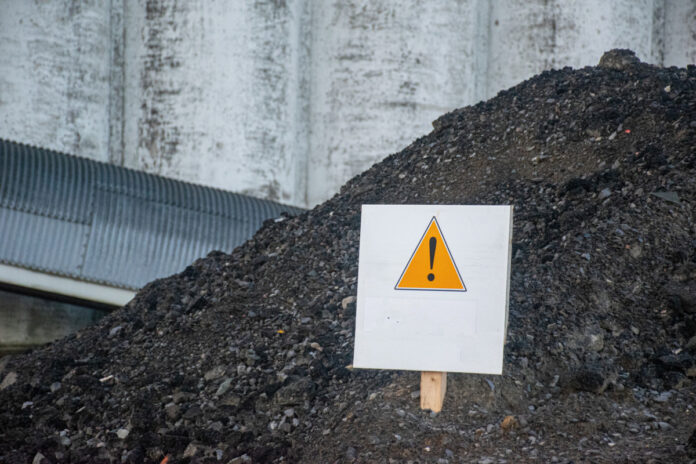GREENFIELD — The city has received $300,000 from the federal government to study sites whose futures may be complicated by the presence of hazardous materials.
Awarded by the U.S. Environmental Protection Agency, the grant will fund studies on what are known as brownfields. The initiative aims to stimulate redevelopment in underused parts of the city, especially sites — such as former service stations — whose soil may be contaminated.
Leonard Hinrichs II, business development manager for Indianapolis-based BCA Environmental Consultants and the city’s adviser on the endeavor, said the grant should fund eight to 12 Phase 1 environmental studies and six to 10 Phase 2 studies.
Phase 1 studies entail researching the environmental history of sites, Hinrichs said. They call for activities like site visits; taking photographs; conducting interviews with property owners and occupants; and looking at property record databases, transaction histories and reports the state may have on properties.
“You want to know what was the nature of business in the past on the site,” Hinrichs said. “It might tell you what issues might be found if you were to start drilling holes.”
That’s part of Phase 2 studies, which involve activities like taking soil, water and waste samples; air monitoring; and investigations into asbestos and lead-based paint.
The grant funds cannot be used for cleanups, but can be used for remediation planning.
“Once you have assessed it and know you have these constituents in the soil or groundwater, now you can do planning for that and put together estimated costs and paint the picture of what remediation might look like,” Hinrichs said.
Greenfield’s grant application focused on the redevelopment of underused areas no longer serving their historically industrial purposes along the Pennsy Trail Corridor and Main Street.
“That has kind of been our desire, our focus area, but we are more than willing to talk to any property owner who’s interested in having an environmental investigation done on their property,” said Joan Fitzwater, Greenfield’s planning director.
The grant can be used for properties in city limits that are industrial, commercial and municipal. In general, residential properties don’t qualify, but funds can be used for apartment complexes.
Hinrichs said it’s common for cities like Greenfield to use the grant program to target redevelopment in areas associated with railroads throughout the past, like the Pennsy Trail Corridor.
“Industry built along those rail lines, and as those businesses matured and went out of business, the brownfields were left behind along those corridors,” he said, adding the grant acts as seed money to spur their redevelopment.
Fitzwater agreed.
“I think that cleaning up hazardous sites provides a healthy environment for our citizens and helps us reinvigorate forgotten corners of our city,” she said.
The studies also lead to savings for property buyers.
“It can be a bit prohibitive for somebody that may be interested in purchasing a property when they have to foot the bill for that,” Hinrichs said.
And if little is discovered through a Phase 1 study, it often serves as a “stamp of approval” for property owners that the site is free of contaminants.
Sometimes investigations will reveal insurance policies from properties’ past operators that will help fund remediation work, Hinrichs said.
Banks often require the studies before lending funds against properties as well.
“They won’t loan the money because they realize the risk is just too great,” Hinrichs said.
The city is playing host to a public meeting on the grant at 4 p.m. Thursday, Feb. 25 at city hall, 10 S. State St.
Fitzwater is looking forward to the response from property owners.
“I was surprised just reaching out and talking to people who have lived here and worked here their entire lives how many gas stations there have been,” she said. “It seems like every corner had a gas station at some point in time. Some of those sites could be contaminated.”
After the meeting, the city will start compiling a list of interested owners and prioritizing their properties, Fitzwater said.




